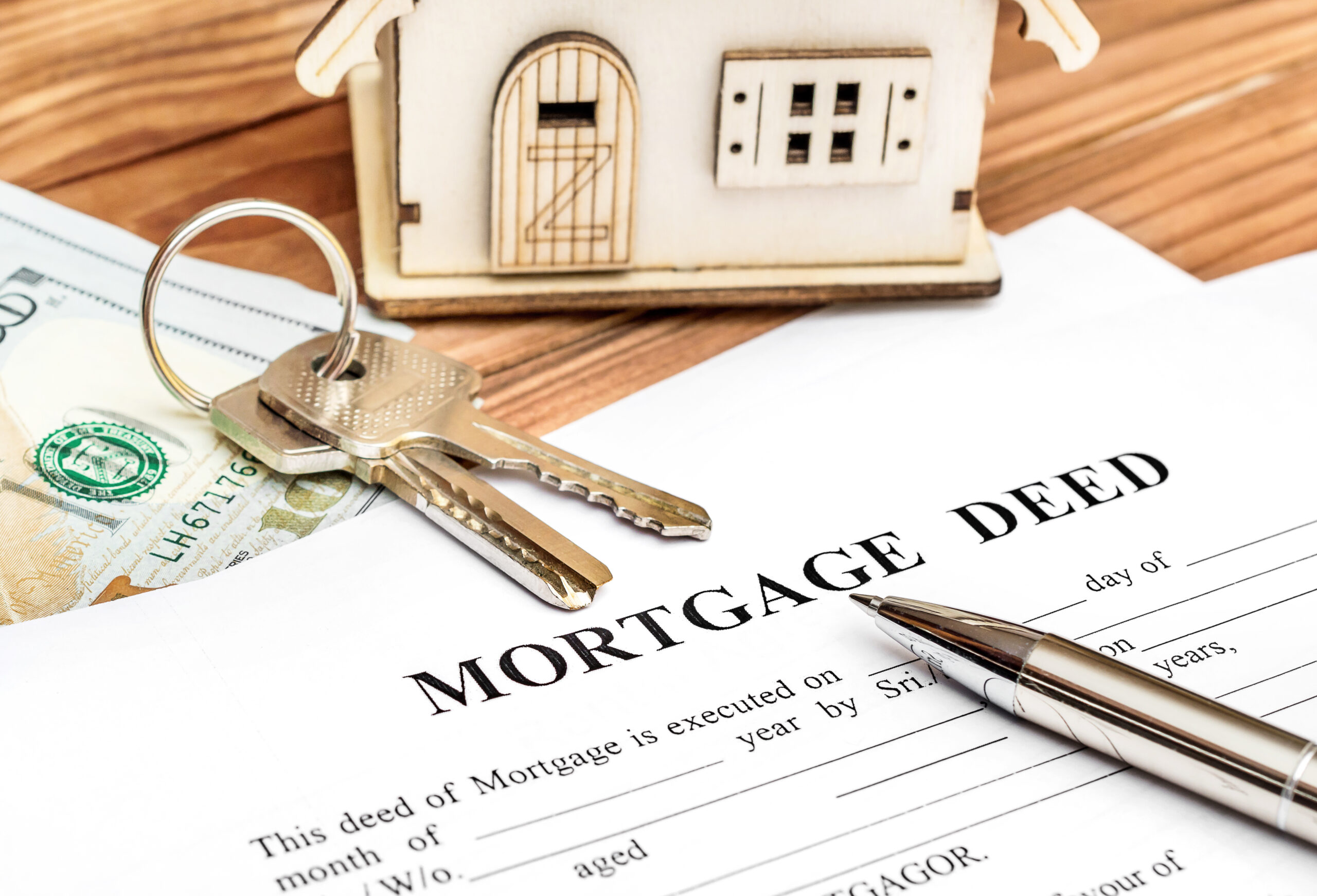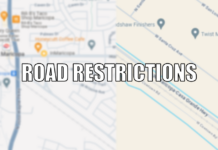Lots of people think it’s a good idea to put their child’s name on the deed to their home to avoid estate tax and probate, or to prevent the home from being seized to pay for nursing home expenses.
To the contrary, co-owning real estate investments with your children may actually create more problems than it solves and may not achieve your intended goals in the long run.
- No takebacks: If you want to sell or refinance your home, you need signatures from each person who has an ownership interest. If any of those people is incapacitated and you do not have the power of attorney to sign on their behalf, you may end up in probate court, asking a judge for permission to sell your own home. If the person is of sound mind but simply refuses to sign, you may end up in costly litigation trying to remove the co-owner from your deed. By adding someone to your deed, the person becomes a co-owner with equal rights to the property. If you have a falling out with that person, there’s no legal obligation to sign the title back over to you.
- Creditors: Even in the best-case scenario where there are no underlying issues between you and your child, you are exposing your home to an unnecessary risk to your child’s creditors. A person’s primary residence is usually protected from creditors even in bankruptcy, but when you add a person onto the deed who now co-owns the home as a secondary property, it is no longer exempt from collection efforts. In other words, your child’s creditors can place a lien on your home, or a bankruptcy court may force the sale of your home to pay your child’s debts.
- Taxes: When you add another person to your deed, the conveyance may be considered a gift, and if the value of that conveyance exceeds the statutory limit, you may be required to file a gift tax return. So, if you purchase your home for $125,000 but then add your child onto the deed when the home is valued at $325,000, half of that $200,000 gain may become taxable to your child when he or she sells the home. In Arizona, there is no death tax. Therefore, that $100,000 gains tax can be avoided by allowing the property to transfer through inheritance instead.
- Death and divorce: Depending how your home is titled (e.g., “tenants in common”), your deceased child’s heirs may have a legal claim to your home. If your child dies before you and there is nothing in the deed directing rights of survivorship back to you, you could end up losing a portion of your home to beneficiaries of your child’s estate. Additionally, if your child gets divorced, your home may be considered a part of your child’s community property and could be subject to distribution in your child’s divorce proceedings.
There are better options available for protecting your home, such as setting up a revocable living trust or recording a beneficiary deed, which only transfers ownership of your home upon your death. Consult with a legal professional to ensure your specific needs and goals are met within the confines of Arizona law.
The November edition of InMaricopa Magazine is in Maricopa mailboxes and available online.





![City gave new manager big low-interest home loan City Manager Ben Bitter speaks during a Chamber of Commerce event at Global Water Resources on April 11, 2024. Bitter discussed the current state of economic development in Maricopa, as well as hinting at lowering property tax rates again. [Monica D. Spencer]](https://www.inmaricopa.com/wp-content/uploads/2024/04/spencer-041124-ben-bitter-chamber-property-taxes-web-218x150.jpg)

![3 things to know about the new city budget Vice Mayor Amber Liermann and Councilmember Eric Goettl review parts of the city's 2024 operational budget with Mayor Nancy Smith on April 24, 2024. [Monica D. Spencer]](https://www.inmaricopa.com/wp-content/uploads/2024/04/spencer-042424-preliminary-budget-meeting-web-218x150.jpg)





![Alleged car thief released without charges Phoenix police stop a stolen vehicle on April 20, 2024. [Facebook]](https://www.inmaricopa.com/wp-content/uploads/2024/04/IMG_5040-218x150.jpg)




